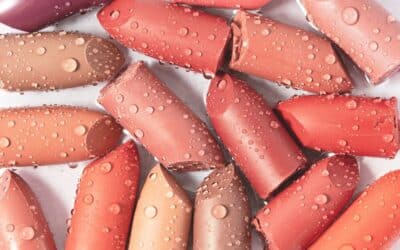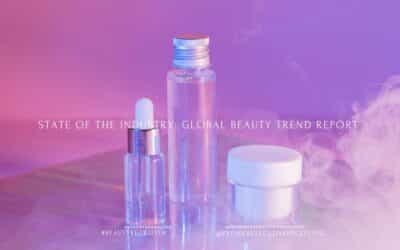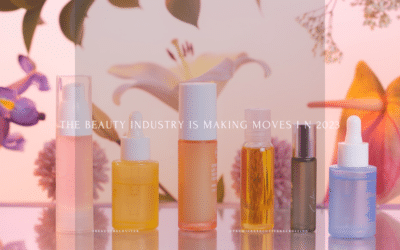Written by: Chloe Sorvino
It’s never been a better time to be a beauty entrepreneur. Forbes estimates that there are at least 40 prominent beauty startups today founded by women, making the $445 billion (sales) industry one of the most prevalent places for women to self-start their way to big-time success. Not only is it a great place to start a business, it’s increasingly a good place to sell a business and make a tidy profit. Sixty-two privately held beauty companies were acquired in 2016, 38% more than the previous year and a record since 2012, according to analytics firm CB Insights. So far in 2017, there have been 14 transactions, says CB Insights. Experts predict that 2017 will keep up with, if not surpass, last year’s number of deals. That could spell even more good news for self-made women building beauty businesses.
One of the recent beneficiaries is IT Cosmetics, started less than a decade ago by former TV Broadcast journalist Jamie Kern Lima. She began working on her beauty line after developing hereditary rosacea and realizing that most foundations made her skin look worse. She wanted to create a formula that could work on women with skin problems like acne, wrinkles or rosacea. “I started thinking ‘Okay, there’s this white space in the marketplace’ because when you look at all the beauty companies, there’s a lot of them that are amazing with trend and artistry and really amazing colors,” says Kern Lima,“And then there are some that are really classic and iconic, but I could not find a problem solving line.” L’Oreal bought IT Cosmetics for $1.2 billion in cash in August 2016; Kern Lima netted an estimated $410 million, enough for her debut as the 41st richest self-made woman in America. (For more on Kern Lima, read the full-length feature here).
Another successful beauty entrepreneur who cashed out in recent years is Toni Ko, who started a beauty business that aimed at providing high quality and trendy colors of eyeliners and lip glosses sold at drugstore prices. L’Oreal bought her business in 2015, paying an estimated $500 million. Ko is worth $270 million and ranks No. 57 among America’s most successful self-made women.
See Forbes Richest Self-Made Women List HereThere are still plenty of others on their way to wealth including antiaging startup Beauty Bioscience’s Jamie O’Banion, nontoxic skincare line Drunk Elephant’s Tiffany Masterson and chemistry-based formulator Sunday Riley who launched a namesake brand with a cult following in 2009. All of these entrepreneurs oversee fast growing beauty businesses worth watching.
Women finding success in beauty is nothing new. In the 1940s Queens-born Estée Lauder was selling pots of cream in beauty parlors around New York City. Her heirs are worth $18 billion. In 1995, Bobbi Brown, a makeup artist turned entrepreneur, sold her company for about $70 million, roughly $115 million today.
But the dynamics have changed in a way to make it much easier to start, and sell, businesses. First off, the barriers to entry are quite low. That is because there are now many labs throughout the country where entrepreneurs can pay to work with chemists on a contract basis to help develop proprietary formulas, meaning more people can give beauty a try. Retailers Sephora and Ulta also provide a huge boost to small upstarts with potential, while consumers are willing to give different brands a try, especially those with strong followings on social media, like IT Cosmetics.
But as easy it is to start off in beauty, it becomes a lot more difficult for smaller companies to compete globally. Not only do they have to contend with confusing, country specific regulations, they need to find ingredients and distributors in local countries. That has led many into the arms of much larger companies, who are more than happy to add them to their portfolios. For these conglomerates, it is all about finding hot brands with growth potential at a time when the industry is expanding at just 3% a year.
“Consumers are diverting to these kinds of companies,” says Hana Ben-Shabat, the partner at A. T. Kearney who leads its research on beauty industry consolidation.


